From revolutionary painters like Picasso to modern rappers like DaBaby, problematic creatives continue to be worshiped for their work. However, consumers of their art continually face a dilemma: should these artists’ works be treated as a separate entity, or should their work be renounced along with them? While deceased controversial artists can’t receive any compensation for their works, the problem arises when talking about problematic artists who still produce work and can receive financial support from fans.
It seems like every week a new musician, actor, or public figure is being exposed for horrible past crimes. In fact, near the end of last year, a host of celebrities were exposed for their past misdeeds. Celebrities such as “That ‘70s Show” alumn Danny Masterson who was charged with two counts of rape and actor Jonathan Majors who was found guilty of recklessly assaulting his girlfriend. With the infectious speed and permanence of information on the internet, it is impossible to sweep controversies under the rug in this “age of information.” It is up to the consumer to control how they react to these controversies. Using their views and their wallets, these artists can be “canceled” on social media, but it won’t mean anything if they still make millions from consumers of their art.
I would be a hypocrite to say that I have sworn off art from people who have done terrible things. I’ve had “Vultures 1”—Ye’s latest collaboration album with Ty Dolla $ign—on repeat since release, and I can’t count the number of controversies Ye has been a part of throughout his career. I have been a fan of his work since around 2020, and year after year I become quieter about my reverence of Ye’s music.
His music connects with me in a way very few artists have been able to. His early work about being taken seriously as an artist resonated with me and motivated me to campaign for myself when I’m feeling underappreciated. His more somber hits like “Life of the Party” and “Roses” have also comforted me during many gloomy nights. In fact, it was his album “Late Registration,” which I had on repeat the summer before junior year, that helped me come to terms with the lingering threat of college and adulthood in front of me.
Ye’s influence encompasses other artists’ careers too as there is no Frank Ocean or Steve Lacy without the mellow beats of “808s and Heartbreak.” Despite this, I acknowledge who Ye West is: a terrible human being. The antisemitic comments he’s made about going “death con 3 on Jewish people” and his adoration of Hitler are detestable, and that reputation is now forever attached to all of his work.
Recognizing an artist’s faults is necessary for consuming their work. It is OK to consume art by people who aren’t great role models, but what isn’t OK is ignoring the things the artist has done, or even worse—making excuses for them. It is ignorant and a slap in the face to all those affected by what they did. I don’t care how much of an “artistic genius” they were, or whether or not fame, drove them crazy; there is no excuse for doing awful things that hurt other people like Ye did with his antisemitic tirades.
Instead of creating this ideal image of your favorite artist who can do no wrong, recognize that they are just a human being like anyone else. By elevating artists to a status above normal people, they become easier to defend, and their wrongdoings seem less important. I still reminisce about the “Pink Polo” era of Ye, but at the end of the day, I know the kind of person he is now and that is someone I don’t want to look up to.
There are levels to how problematic an artist is and how unacceptable it is to be consuming their music. There’s no point in losing sleep over listening to an artist who did something like shoplifting or yelling at someone else in a moment of frustration, but when it gets to the point of hate speech or felonies, a blind eye should no longer be turned. R&B artist R. Kelly, for example, was recently sentenced to 20 years in prison on charges of child sex crimes and trafficking. These weren’t unsubstantiated allegations either, he videotaped the whole thing. Yet, due to the cult-like following he’s garnered because of his celebrity status, people still defend him. A petition with nearly 3,000 signatures is calling for his freedom with comments spouting nonsense like “he was framed” or “it’s not fair” and “his music is too good.”
It’s disgusting to see how people can still defend this man when there’s so much evidence and an erasure of all the pain and suffering he caused to possibly hundreds of children. His music may have been good, but that does not warrant defending him and he deserves all the legal repercussions coming to him.
Many of these people’s work continues to change culture as a whole, and that goes beyond just their own problematic actions. Ye West’s and R. Kelly’s legendary catalog have impacted millions, and will likely impact millions more after their deaths. Artists like these are already wealthy beyond belief, and unless they are getting prosecuted for the things they’ve done, the rest of their lives will be lived in comfort. Ceasing to listen to their work likely wouldn’t have a huge impact on their lives. So yes, it is OK to enjoy these artist’s work, but that does come with the caveat of acknowledging what they did and the type of person they are.
It’s like Ye predicted in his debut album with the hit “All Falls Down,” “the prettiest people do the ugliest things.” Swap physical beauty with artistic talent, and that statement seems to be the story of many artists’ lives.

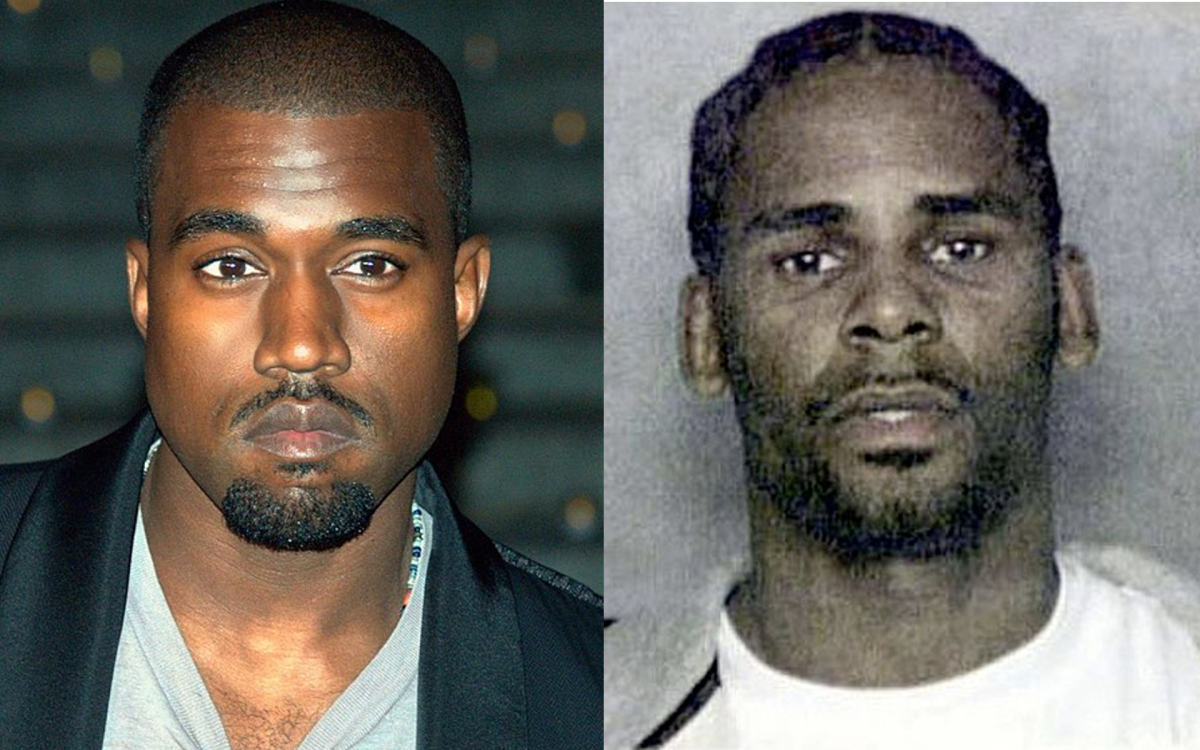

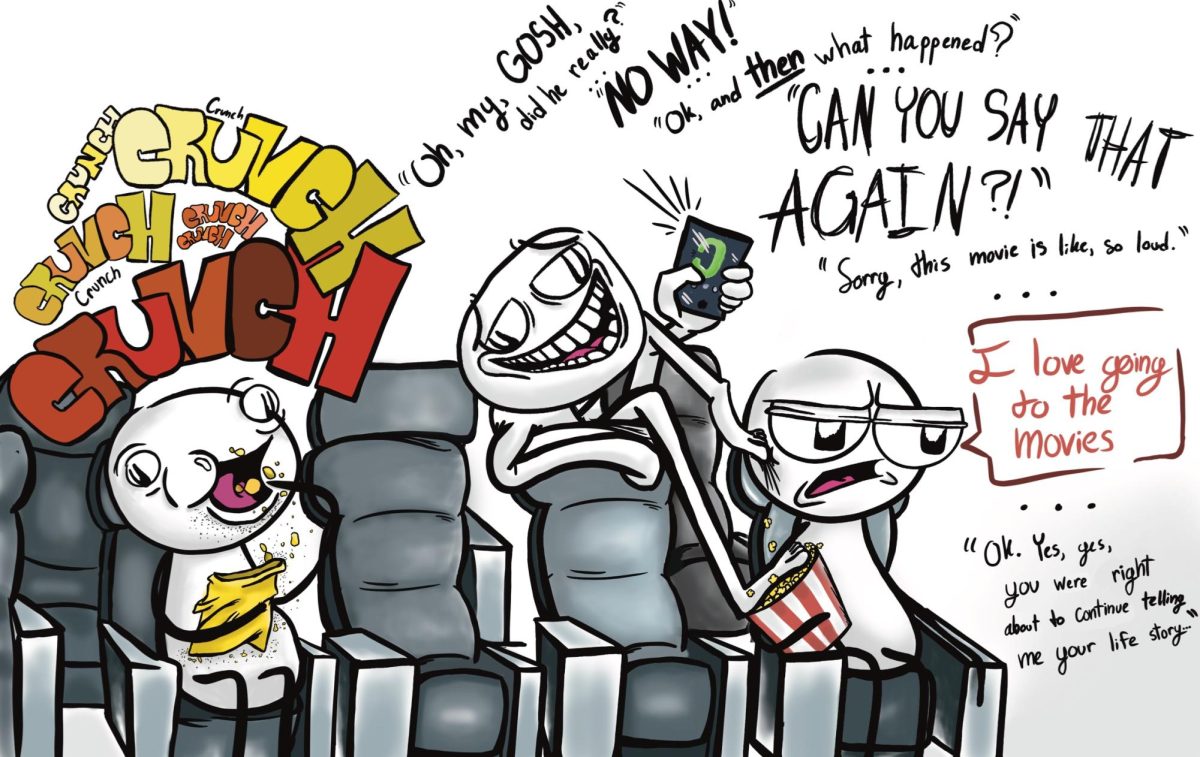

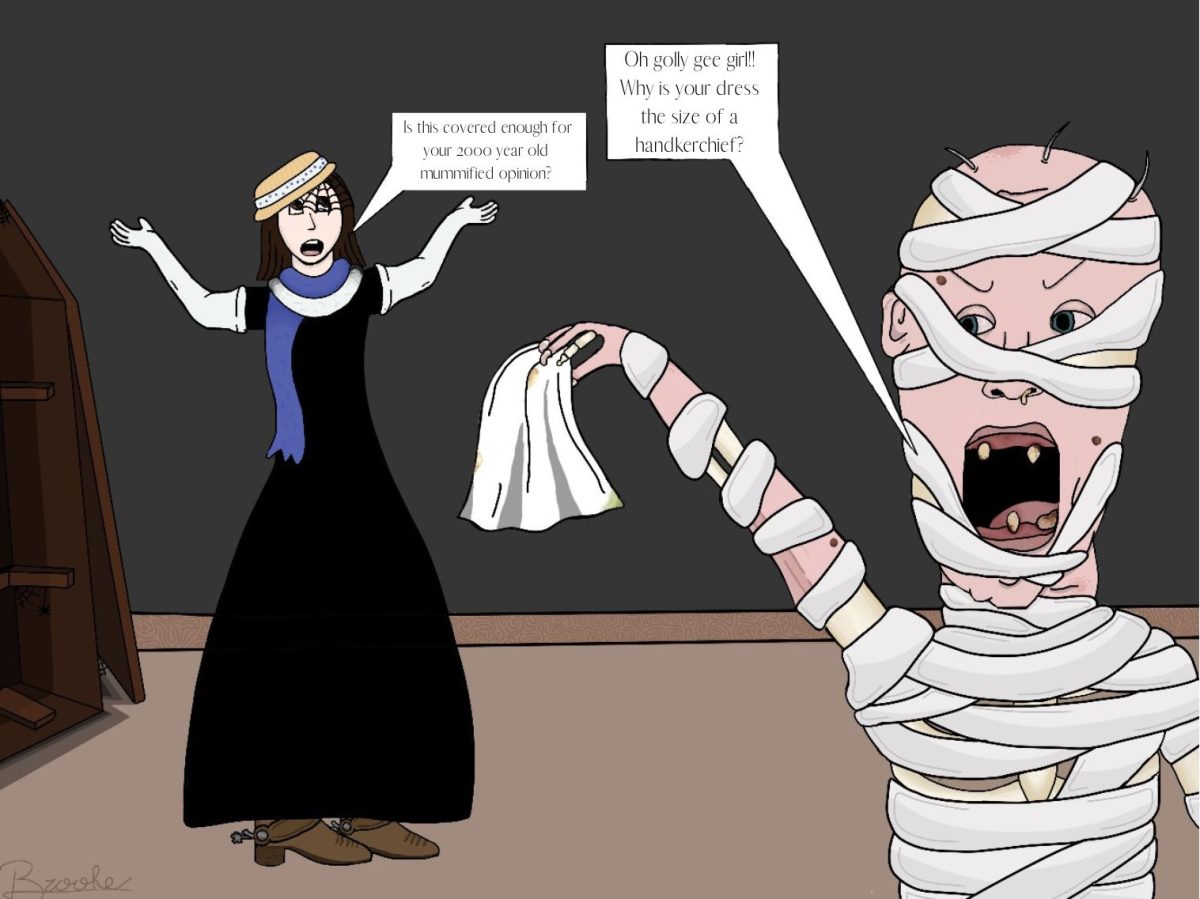
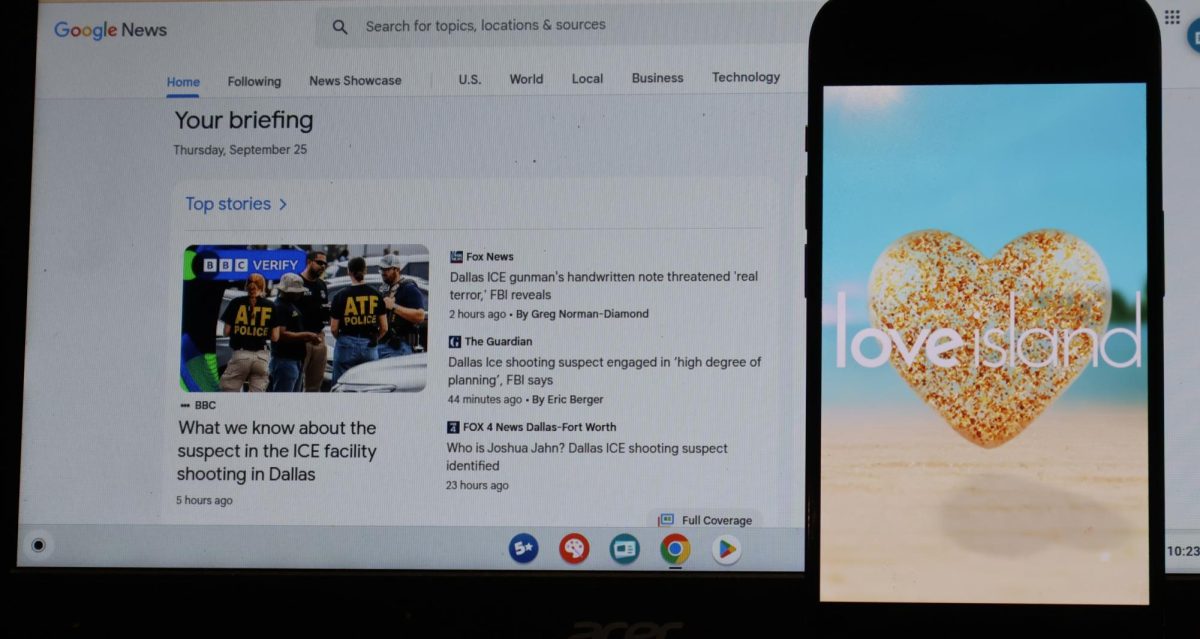
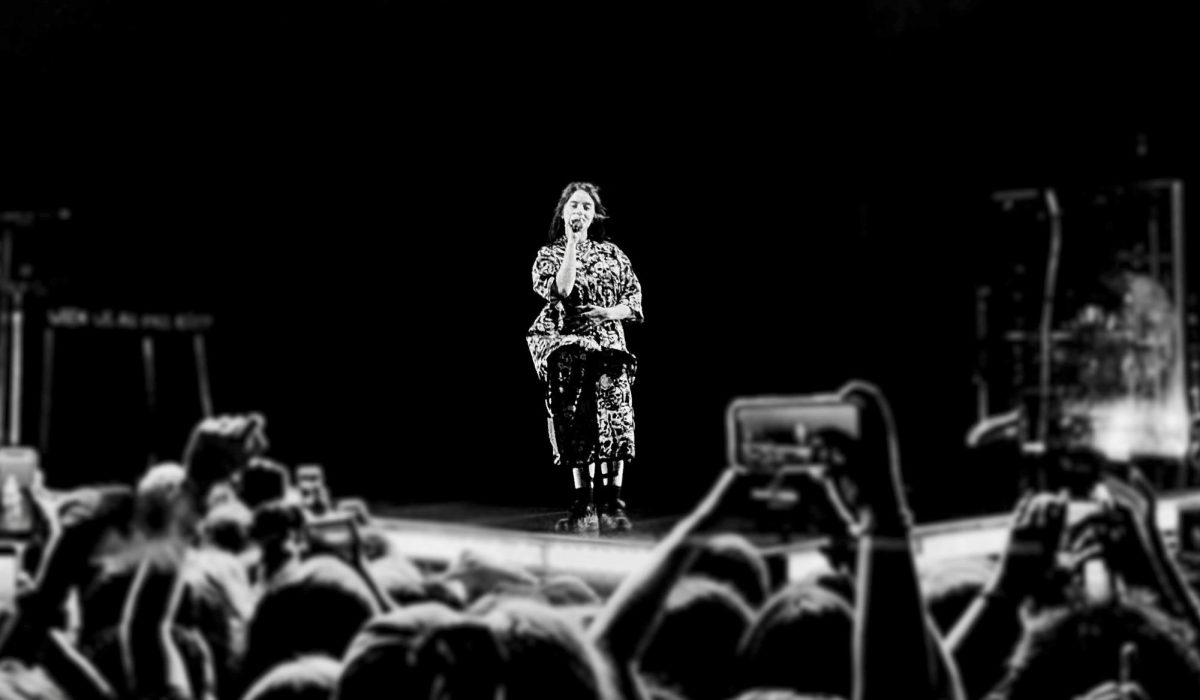
selinalei • Apr 3, 2024 at
I love this article so much!! it definitely helps put like separating the artist and the art into perspective. in my opinion if the artist u are supporting is racist then u listening to there music or buying there art is supporting them.